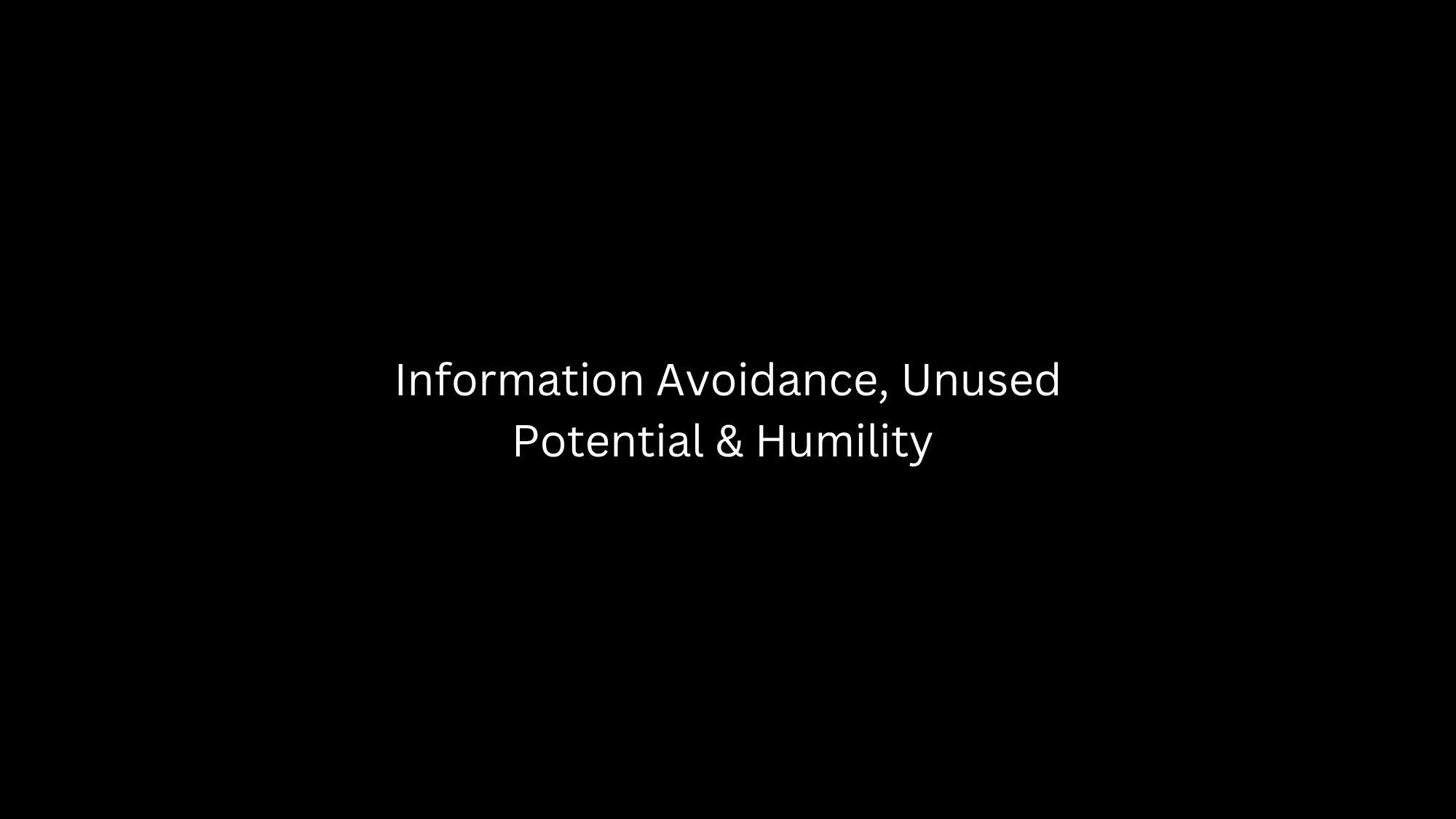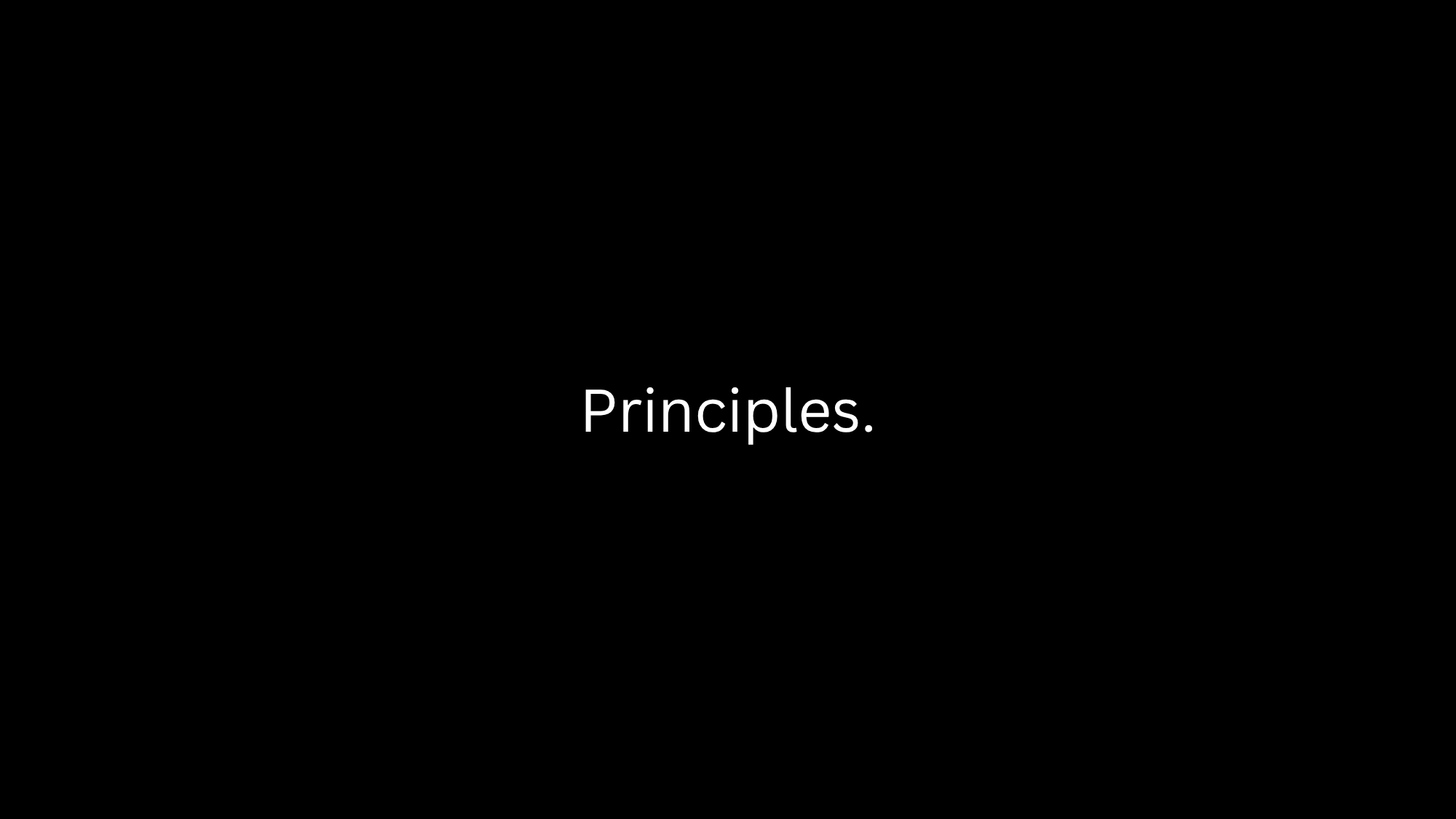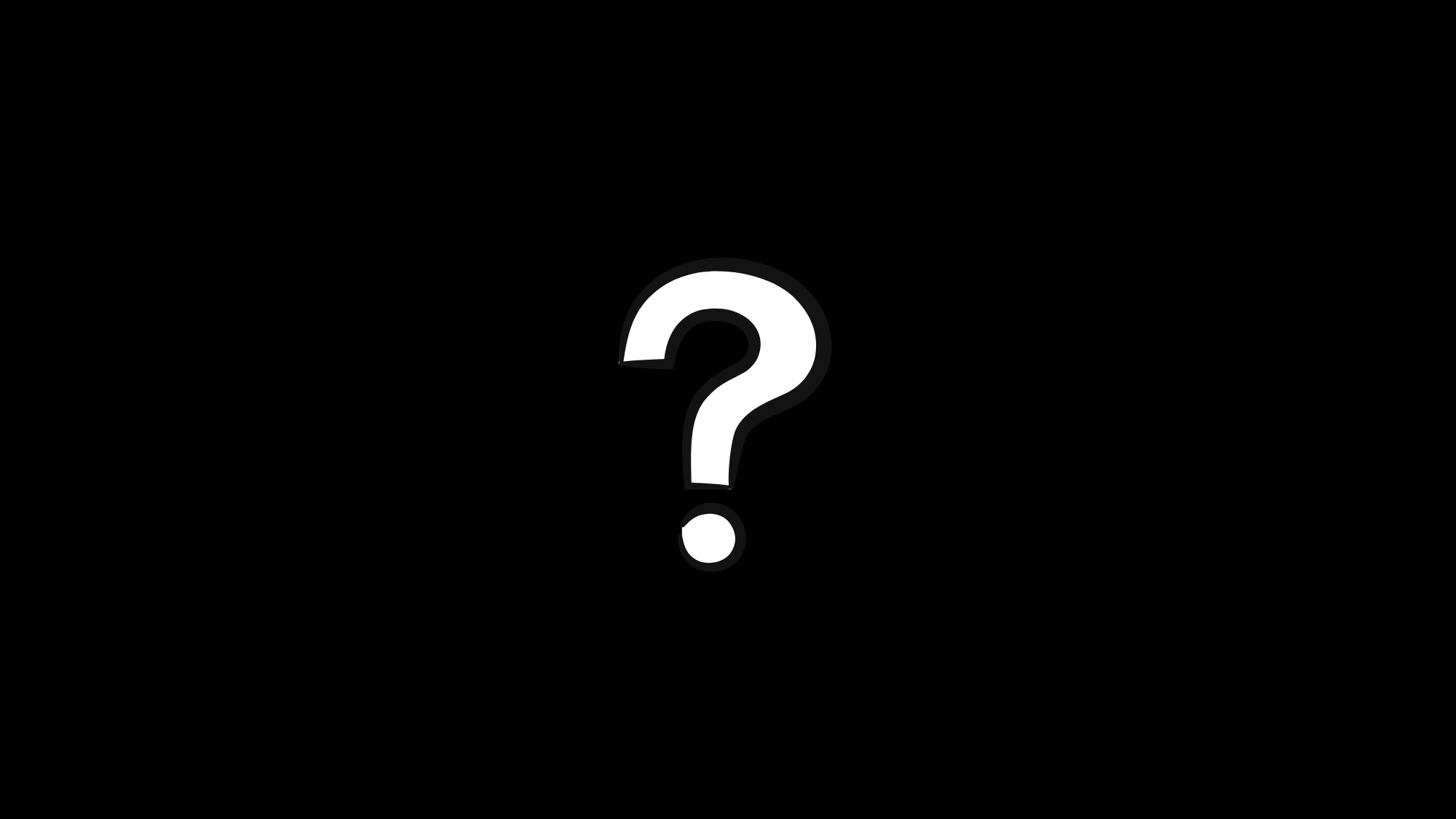

Small Talk, Dopamine & Embrace The Slow
Amigos!
How art thou?
Any chaos this week?
Let's cover:
- 1 thing I've learned about social skills
- 1 thing I've learned about mental health
- 1 thing I've personally realised this week
1.) Hating small talk is a mindset problem
Most people hate small talk.
Standing at a party with a drink in hand whilst listening to a stranger talk about the weather, a delayed flight or a piece of clothing they had to return is enough to make some people never want to leave their bedroom again.
But you only hate small talk if you fail to see its purpose. That is, we engage in small talk to lay the foundations for deeper conversation.
“A few moments of small talk can give us the signals we need to find out who we have on our hands; it lends us time to circle intimacy from on high before determining where we might wish to land.”
- The School of Life (Modern Manners)
Small talk isn’t a useless aspect of socialising that we should immediately replace with deeper conversations, because it’s only through small talk that we’re able to transition into the more profound conversations we’d like to discuss. Such as; how lonely we feel, how much we admire the works of a particular philosopher or how the person we’re speaking to feels about their relationship with their parents.
Mastering small talk also involves one final realisation; that we have much more conversational freedom than we think. Which is to say, you're responsible for moving the conversational spotlight away from small talk and onto deeper topics. And you can choose to do so at any point throughout the conversation.
Lastly, if while someone is waffling in front of you about a flight delay, how they always buy too many socks or what their plans are for the weekend and you question "how could I possibly discuss something deeper with this person beyond this small talk?" then consider that this human being might be highlighting some "deeper" material in their otherwise "shallow" responses. As we learn again from the school of life:
“The skilled conversationalist doesn’t insist that atmospheric or traffic conditions or where a person has been at the seaside are inherently unworthy of discussion. They know that what a person feels about a cloudy afternoon might be a highway to their soul or that their experiences around parking might provide clues as to their attitudes to authority or their relations with their parents. They are not put off by having to work with humble matter; they will make use of whatever is to hand.”
So the next time you're stuck engaging in small talk with someone, remember that it's purpose is for both of you to lay the foundations of light conversation before you choose to dive deeper into more revealing topics.
Now let's move onto the mental health discovery of the week…
2.) How to leverage dopamine for maximal motivation
I’m sure you’ve heard of dopamine before, but just as a little refresher, it’s a chemical your brain releases to motivate you to pursue reward. And your mental health is largely determined by how you manage your dopamine release.
To elaborate, imagine your dopamine levels ranging on a scale from 1-10. Your baseline score is 5 (what you feel most of the time), but this score can either increase or decrease based on what you do.
For example:
- When you watch a video on YouTube your dopamine score jumps up to 6, but when you finish watching it swings down to 4.
- If you binge eat chocolate your dopamine score will jump up to 7, but when you stop it’ll crash down to 3 - likely resulting in you feeling groggy and irritable.
Secondly, consider two types of dopamine release; slow and fast.
Engaging in activities that release fast dopamine usually involve doing two high-dopamine activities at the same time.
Such as:
- Watching TV while scrolling your phone
- Drinking a fizzy drink while eating chocolate
- (All of which would spike your dopamine score up to 9 only to crash down to 1)
So here are some protocols to help you leverage your dopamine release for optimal brain happiness.
Protocol 1: cease all dopamine stacking and only do one thing at a time.
- Purge your fast dopamine behaviours and replace them with slow dopamine
- For example, replace scrolling while watching TV with just watching YouTube videos to completion
- Or better yet, replace your scrolling for reading, solving puzzles, walking in the woods or having conversations with people (slow dopamine activities)
Protocol 2: maintain the 80/20 rule.
- You're unlikely to remove all fast dopamine so…
- Make sure 80% of the time you’re engaging in slow dopamine and 20% of the time in fast dopamine
- Lastly, avoid all fast dopamine early in the day (such as scrolling/junk food) because as our brain is waking up, overloading it with loads of information disrupts our ability to concentrate
Protocol 3: intermittent celebration.
Imagine you've been working on a project for 4 months, you complete it and then you spend a whole night celebrating. Would you be motivated to start your next project the following day?
Probably not.
This over celebrating results in something called a dopamine hangover, which is when our dopamine levels go below baseline causing us to feel groggy, tired and lethargic until our brain gets our dopamine levels back up to baseline (5).
So to maintain your consistency and prevent dopamine hangovers, celebrate wins less intensely but over the course of a few days. Don't release all your dopamine in one go if sustainable progress is what you're after.
Finally, let’s end with one personal thing I’ve realised this week.
3.) Embrace the slow
A lot of life is boring.
If you want to do something great such as write a book, build an aesthetic physique or learn everything you can about your favourite subject, it takes years, if not decades, to do so well.
I came to this realisation after reading an article titled: Why doing your best is sometimes the worst thing you can do by the philosopher Mavis Biss.
In the article, Biss draws on the philosophy of Immanuel Kant to make the point; HOW THE BLOODY HELL CAN YOU TELL WHEN YOU’RE DOING YOUR BEST?!
She then went on to elaborate that instagram captions such as “living my best life” are ridiculous because again, how could you possibly tell you’re holding all of your spiritual, physical and mental potential to it’s maximum?
But one point she makes later on in the article stood out like a sore thumb. As she attempted to tackle the root of perfectionism and why in our culture we're all so fixated on achieving things, she highlighted this is because of our desire to ‘shoot up like a swamp plant’, rather than become ‘firmly rooted’ through slow work on our inner attitudes.
And it made me think; embrace the slow.
Until you've worked on something for 1000 hours, you don't understand how long it takes to make something great. Until you've fumbled in conversation 1000 times, you have no idea how long it takes to speak a new language fluently or speak your native language less like a bumbling buffoon.
The tantalising pull to "get rich quick" or "achieve overnight success" has always been a problem for the human being. And it just so happens we're convinced this "get it all now" approach is the only way to operate because every time we scroll on the internet we're bombarded with people who seem to have no awareness of anything except the present moment.
So to be rarer than a three-legged frog who speaks Arabic in today's world, all you need is an understanding that anything worth doing takes a long time.
And you need to remember that all self-development can be summarised in one sentence: pursue the long-term over the short-term.
But don't worry.
Because the slow pursuit is where the reward is.
Slow burns > heavy lifts.
Embrace the slow.
Thanks for reading.
Lew x
Quote of the week:

other related newsletters
tHURSDAY'S THERAPY
Join 8934+ improving their mental health & social skills 1 Thursday newsletter at a time
Happy to have you here!
try refreshing the page and trying again!



.png)
.png)
.png)

.png)

.png)



.png)

.png)


%20(1).png)